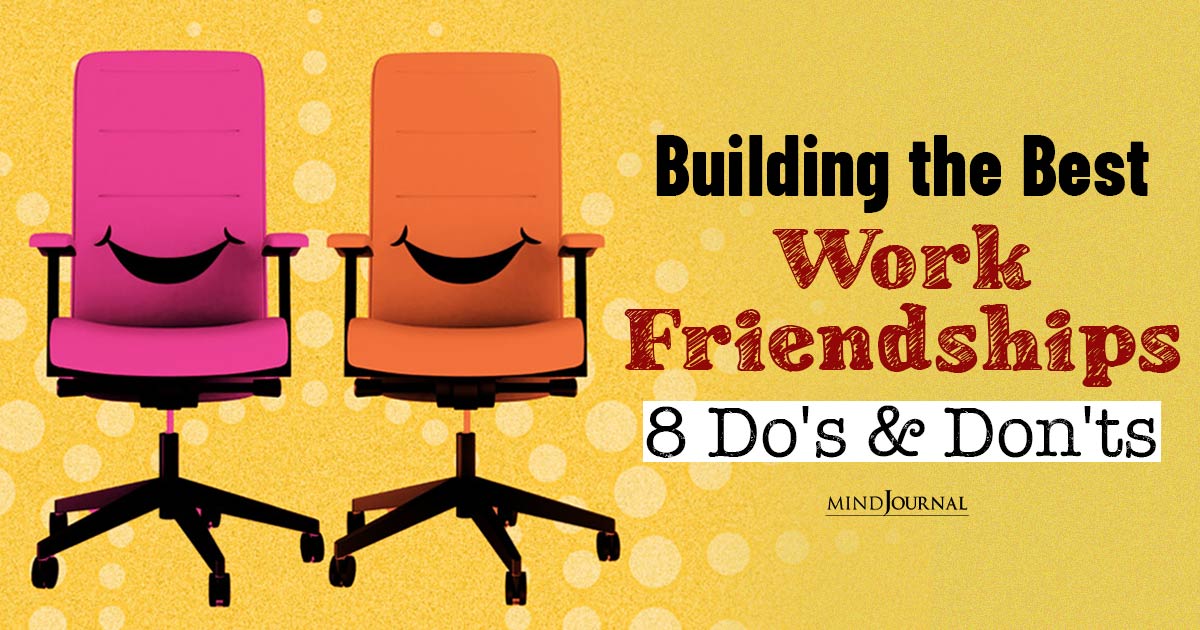Whenever you feel that everyone is walking all over you, taking you for granted, and is not respecting your feelings and emotions, maybe it’s time that you set a few boundaries to protect yourself from such hurtful behaviours.
Ever feel used, abused and confused? It may be that you are suffering from “Boundaryitis”.
Boundaryitis! You’re inflamed because people walk all over you. You have no boundaries to keep you safe. That’s what boundaries are for.
Boundaries are fundamentally important to creating healthy relationships. They are essential in relationships with people you love, or with people who say they love you. They are even more essential (if that is possible) to keep you safe from toxic people, thoughtless people, and difficult people.
The major symptoms of Boundaryitis are feeling:
- Violated
- Stepped on
- Stepped over
- Disregarded
- Discounted
- Unseen
- Unheard
- Neglected
- Powerless
- Used
- At other people’s disposal
- Disrespected
- Taken for granted
- Abused
The good news is that there is a clean cure for Boundaryitis: clarify, express and maintain your boundaries.
Be sure to take the time to clarify your boundaries and know why they are important to you. Boundaries are not demands to help you get what you want. That’s petulance! Boundaries are based on knowing your values, your needs, and your priorities.
Related: The Art of Setting Boundaries
You need to also know where the flexibility or “wiggle room” is. Does the boundary apply to certain people or all people? What would be a case in which it did not apply? Your clarity when thinking through your boundaries makes you much more confident in expressing them.
That cure for Boundaryitis has side effects, though. They range from immediately receiving more, and mutual, respect to upsetting and alienating people who do not want you to have boundaries.
People who are upset by your maintaining your boundaries may not have your best interests at heart. Let them be upset. If those folks are important to you, talk it through with them so they have the best chance of understanding your boundaries.
That gives you an opportunity to let them express theirs as well. Then, if your boundaries do not sit well with them, let them move away from you, or you from them.
Maintain your boundaries
Flexible boundaries are no boundaries at all. Think of a flexible boundary on the ski hill pictured above. What would it mean?
Maybe the snow is too soft here, but maybe not. Maybe this cliff is too high to jump, but maybe not. Maybe there are dangerous rocks below, or maybe you’ll miss them. Absurd, right?
Maintain your boundaries. Oh, that sounds so simple! It’s not.
For many people, the very thought of expressing a boundary sends fear to their core, fear that someone won’t like them, approve of them, or love them. And, they are right. Someone may not, but that’s far better than not liking, approving of, or loving themselves!
People with Boundaryitis often get great mileage from “Doormat Syndrome.” They have no boundaries, but they get inflamed anytime they think someone is walking all over them.
They tell big stories like: “You’ll never guess what that person did to me” or “Ain’t it awful?” or “S/he done me wrong.” Big victim stories.
They get stuck in the story and the reactions they get to tell the story. They look for sympathy, empathy, or a shoulder to cry on. They get mileage out of the story and still feel very used.
Without clarified, expressed and maintained boundaries, they are laying down holding a sign that says,
They are welcoming people to turn them into a heavy traffic area!
A boundary tells other people where you end and they begin. It is a statement you make that lets others know what is OK with you, what is not, and, if necessary, what the consequences are for crossing the boundary.

Here’s an example from my own life:
MY MOTHER: “Go downstairs and get the bucket.”
ME: “Pardon.”
MY MOTHER: ( a little more assertively) “Go downstairs and get the bucket.”
ME: “Pardon me.”
MY MOTHER: (louder) “You heard. Go downstairs and get the bucket.”
ME: “Mom, no one in my life gives me orders. I do not respond to orders.”
MY MOTHER: (after a long pause) “Go downstairs and get the bucket, …..er…..(quietly), please.”
I got the bucket. My mother never gave me another order. Good result. Simple example.
We are 100% responsible for teaching people how to treat us.
The only way we can do that is by:
- Clarifying our boundaries by doing our own internal work.
- Expressing our boundaries when necessary, or in some cases, before they are necessary, to the people in our lives.
- Maintaining our boundaries consistently by moving away from those who demonstrate their unwillingness to respect them.
You are the only person who can do those three things. If you don’t do them, you have to take responsibility for allowing–or maybe even inviting–folks to walk over you!
Work on your boundaries today. If you are unsure about how to go about that, work with professionals to help you clarify your boundaries. It’s VERY important to your well-being and the health of your relationships.
The Relationship Help Doctor
Relationship Consultant. Mediator. Speaker.
Urgent & Ongoing Care for Relationships in Crisis…including the one with yourself.
Written by Rhoberta Shaler, PhD Originally appeared on Forrelationship.com











Leave a Reply